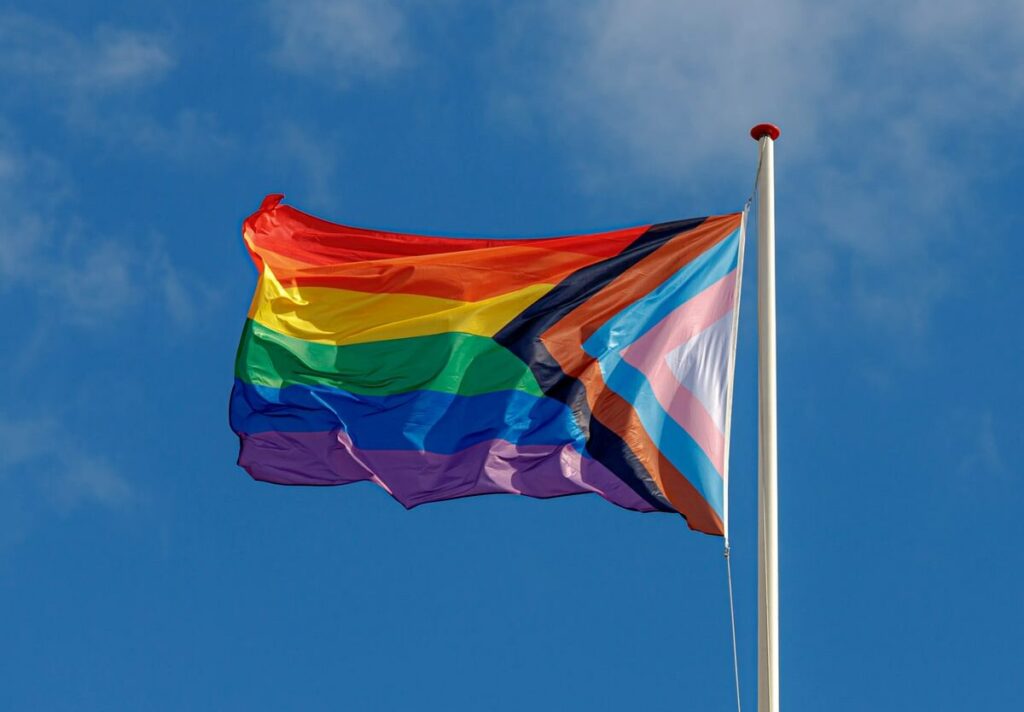June has been dubbed “Pride Month,” to recognize the Stonewall riots in June of ’69 (read more about that here). Today Pride Month means a few things: often there are many pride parades happening across the world, a time to recognize the trials and tribulations that the LGBTQ+ community has been through and what they still are going through, a moment to celebrate the accomplishments of LGBTQ+ individuals, and for many large corporations, it is a time to profit off of rainbow merchandise. However, with all this being said, being an ally is not limited to only June. Here are just a few ways you can continue to be an ally throughout the year…..
- Respect pronouns and names
- In English grammar a pronoun is a word we use when talking about a person, rather than their name, “she,” “her,” “they,” “he,” etc. In the course of a person’s life, sometimes the pronouns they prefer change. This is completely normal. Who we are from the time we are born to when we die does not stay the same, so it is understandable that our gender expression may change too. Whatever pronoun someone tells you they use, do your best to respect them and use this pronoun. If someone changes their name, use this name.
- If you don’t understand, do research
- It can get quite exhausting for an LGBTQ+ person to constantly explain what certain things mean. They had to learn for themselves, so you can too! Google is your best friend. Though take what you read from the internet with a grain of salt. Try to get information from multiple reliable sources. If you gain knowledge on your own, the LGBTQ+ people in your life will likely be more willing and ready to have conversations with you on the topic you’re confused about.
- Their relationships are just as valid as yours
- LGBTQ+ relationships are totally valid and meaningful, just like any other relationships out there. Love doesn’t care about societal norms or who you’re attracted to. It’s all about that deep connection, shared experiences, and supporting each other through thick and thin. When we recognize the validity of LGBTQ+ relationships, we’re promoting equality and inclusivity. Let’s celebrate love in all its beautiful forms, standing with those who choose to love whoever makes their heart happy.
- Support your local queer businesses
- Supporting queer and trans businesses is super important for creating an inclusive society. It’s all about giving opportunities to LGBTQ+ entrepreneurs, providing safe spaces, and shaking up the status quo. When we get behind these businesses, we’re not only empowering marginalized communities, but we’re also sending a loud and clear message of acceptance and embracing diversity. So, let’s actively show our support and invest in queer and trans businesses to shape a better future for everyone.
- Treat LGBTQ+ people as you would anyone else, they are human beings and deserve love, respect, and kindness just like anyone



